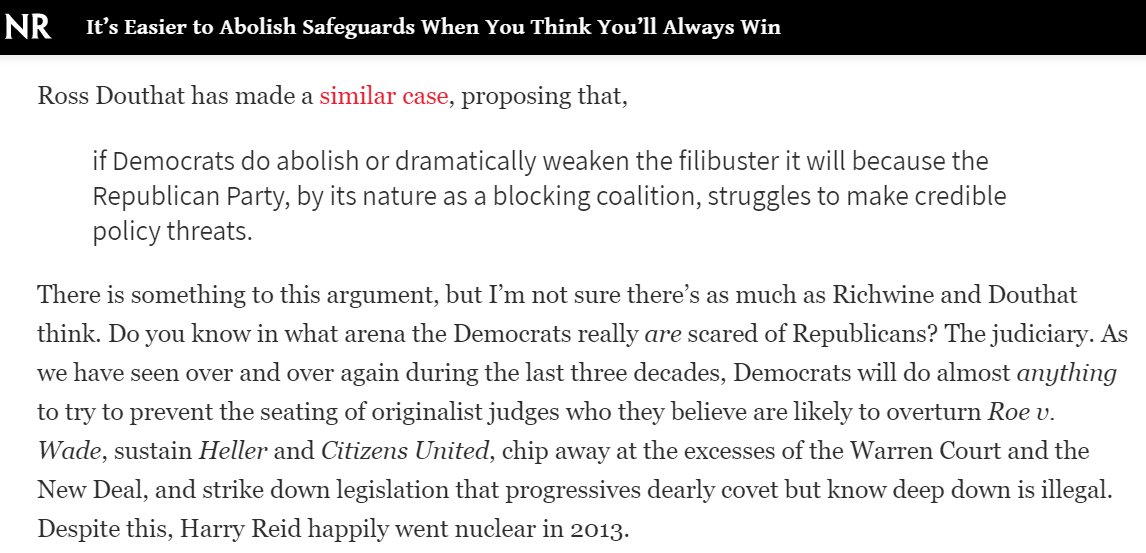
That viral thread claiming bias by comparing Trump & Biden Afghanistan stories juxtaposes cherry-picked headlines, ignoring many that don’t fit the preconceived narrative it’s pushing, which means it’s exactly the sort of biased analysis you supposedly savvy media critics oppose.
It’s easy to find straight news about Trump’s Afghanistan policy, including uncritically repeating his positive spin on it.
Does this mean all was positive? Of course not. It means that claims that it was overwhelmingly negative aren’t proven by finding some negative headlines.
Does this mean all was positive? Of course not. It means that claims that it was overwhelmingly negative aren’t proven by finding some negative headlines.
https://twitter.com/DataJacob/status/1382687851607904257
That’s CNN. There was a lot of straight news reporting about Trump and Afghanistan in the New York Times too.
https://twitter.com/datajacob/status/1382687860667600901
It’s also easy to find articles in mainstream sources, such as CNN, that cover Biden and Afghanistan negatively, including both critical op-eds and straight news stories that lead with criticism of Biden’s decision from military leaders.
https://twitter.com/ngrossman81/status/1382698742541860872
If you're under the impression that coverage of Trump on withdrawing from Afghanistan was overall more negative than coverage of Biden on the same topic, that's my general impression too (although not nearly as one-sided as cherry-picked articles shows).
But why assume it's bias?
But why assume it's bias?
In 2019, Trump conducted an absolute shitshow in Syria. Announced withdrawal without consulting the Pentagon or US allies, US fled as Russian and Turkish forces moved in, multiple high profile resignations, and in the end he ordered troops to stay anyway.
medium.com/arc-digital/am…
medium.com/arc-digital/am…
Whether you favored or opposed withdrawing from Syria is up to you. But it's objective to describe both process and execution as poor.
If military leaders and NatSec experts observe that, and then express doubt about Trump's idea to withdraw from Afghanistan, must media hide it?
If military leaders and NatSec experts observe that, and then express doubt about Trump's idea to withdraw from Afghanistan, must media hide it?
Large majority of NatSec folks think it's a bad idea, but reporting that they think it's a bad idea makes for negative coverage, so media has to pretend that there's actually more positive opinion in the NatSec community?
Is that really what you think unbiased media coverage is?
Is that really what you think unbiased media coverage is?
• • •
Missing some Tweet in this thread? You can try to
force a refresh





